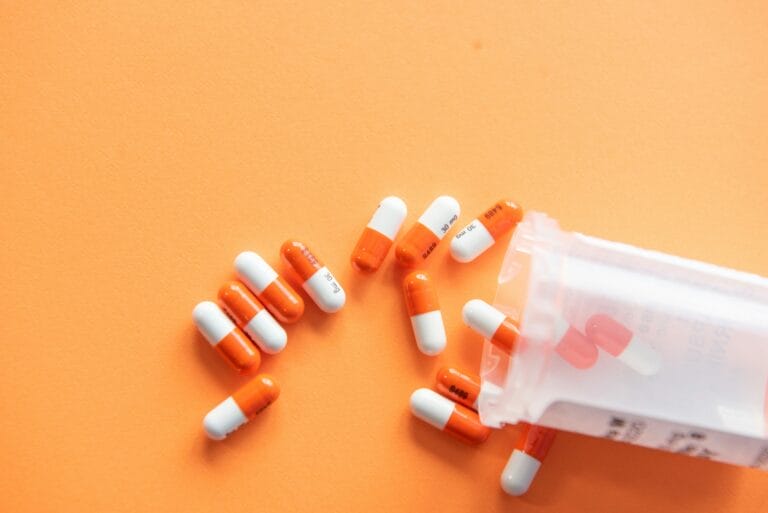When a medical prescription turns into a pharmaceutical addiction, the results can be devastating. Having a compulsive need to obtain and ingest a drug can have a ruinous effect, causing social, physical and psychological damage. It can be all the more difficult to break the cycle with pharmaceutical addiction as the medication is readily available, while the people surrounding you may not appreciate just how addictive these substances can be.
Every day, people will take over-the-counter medication without developing a dependency. But some will begin a course of prescription drugs, only to become addicted. This commonly occurs with sleeping tablets, analgesics, valium, diazepam, clonazepam, tamazepam, phenibut, rohypnol, codeine, dihydrocodeine, morphine, methoxetamine, fentanyl, ativan, librium, zopiclone and zolpidem.








